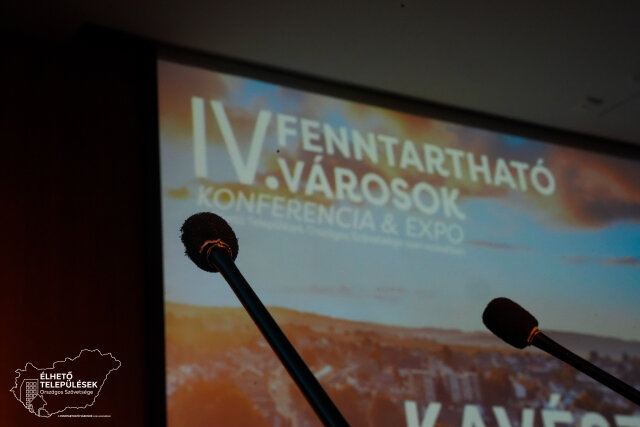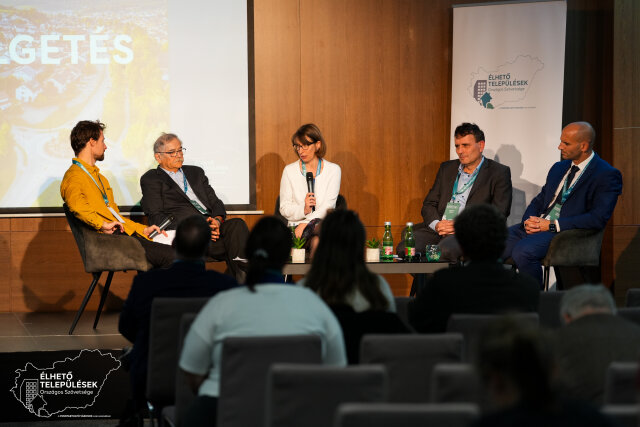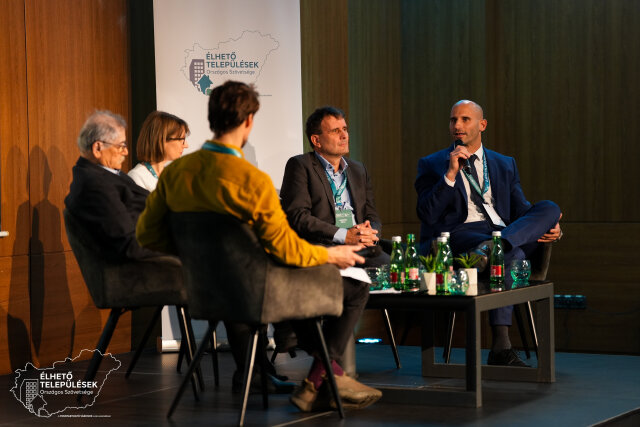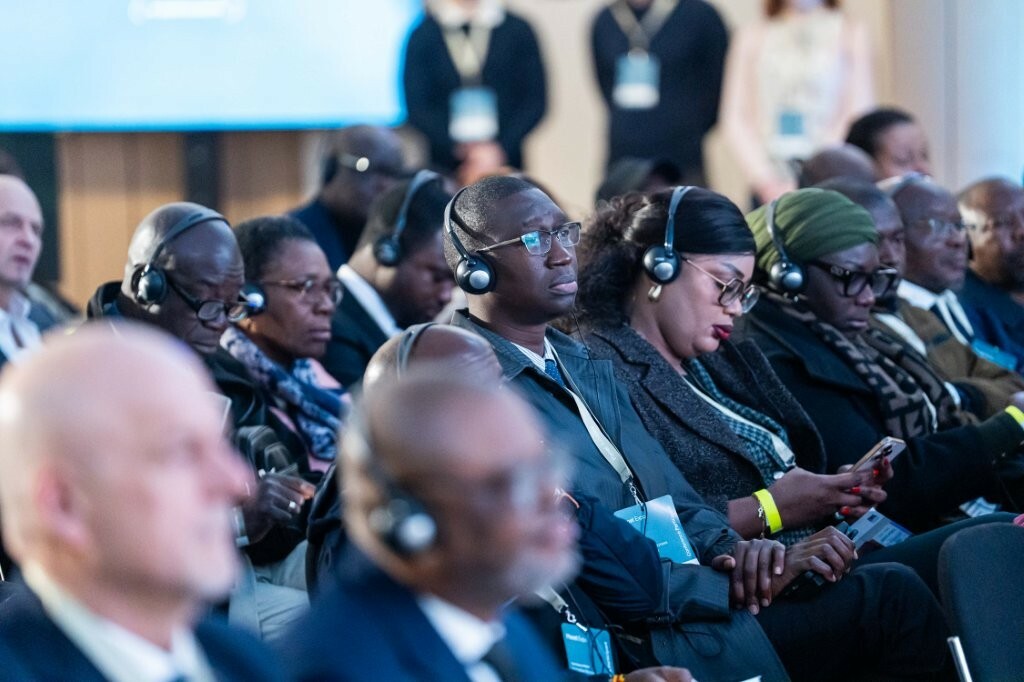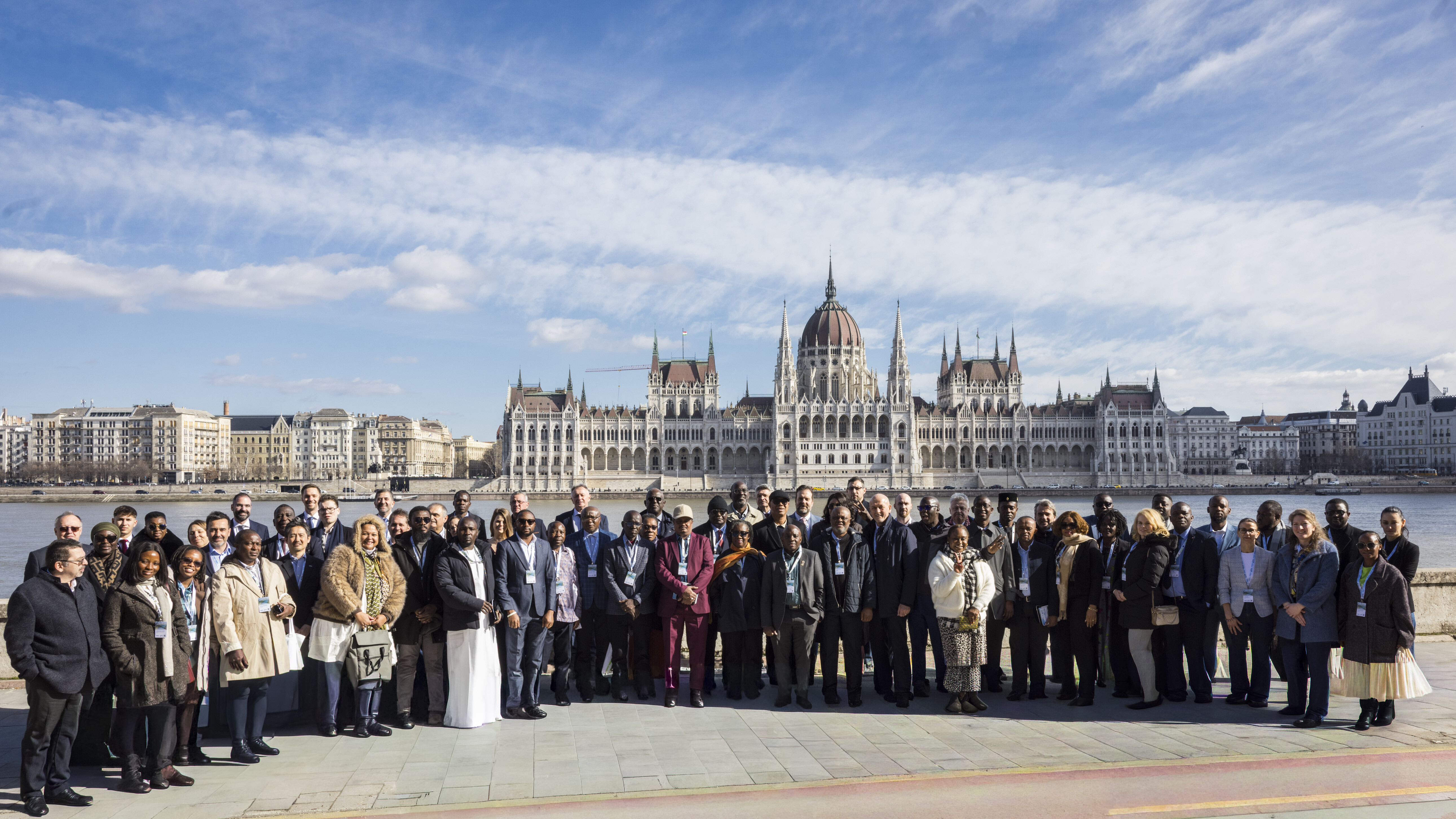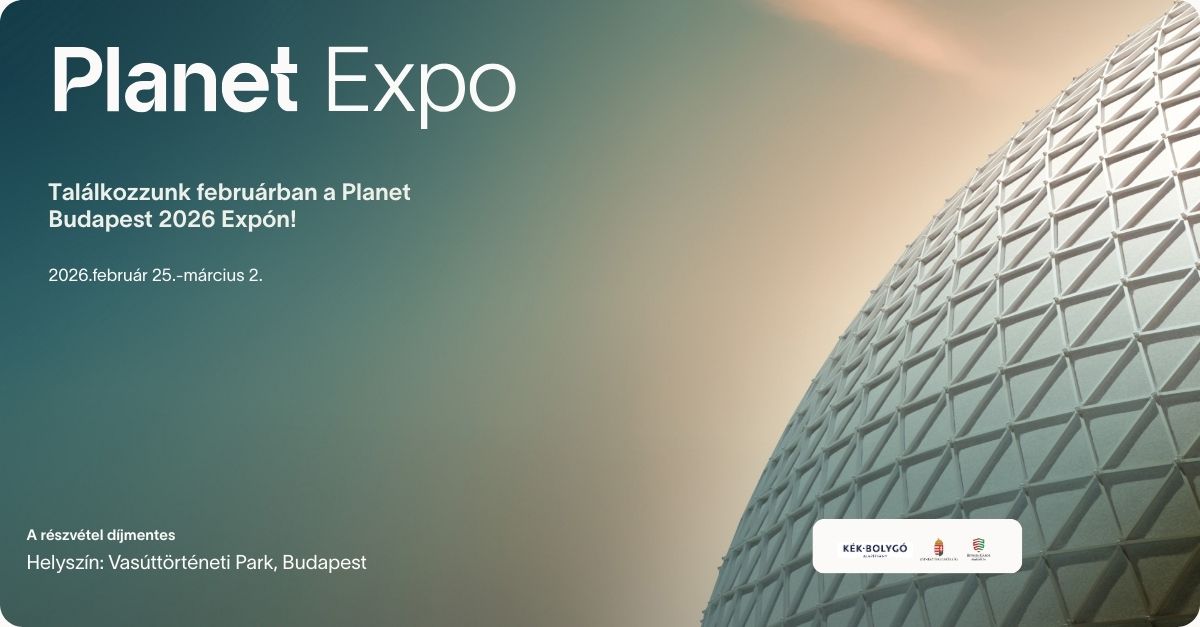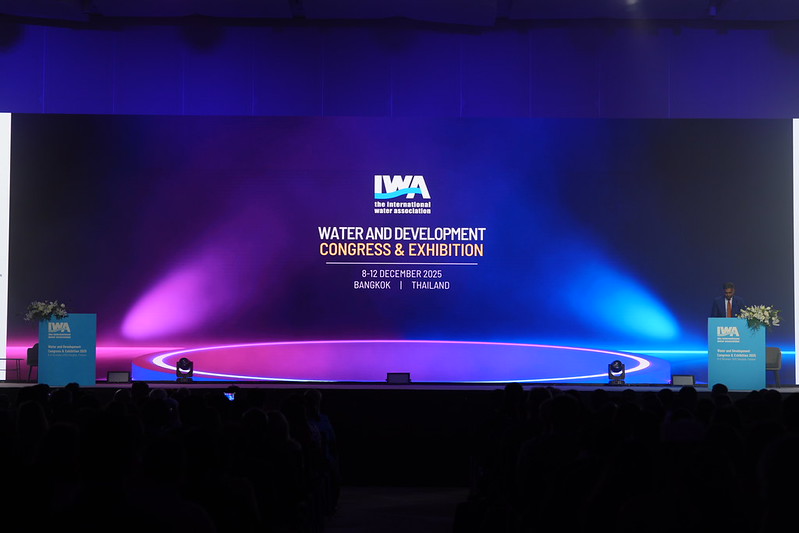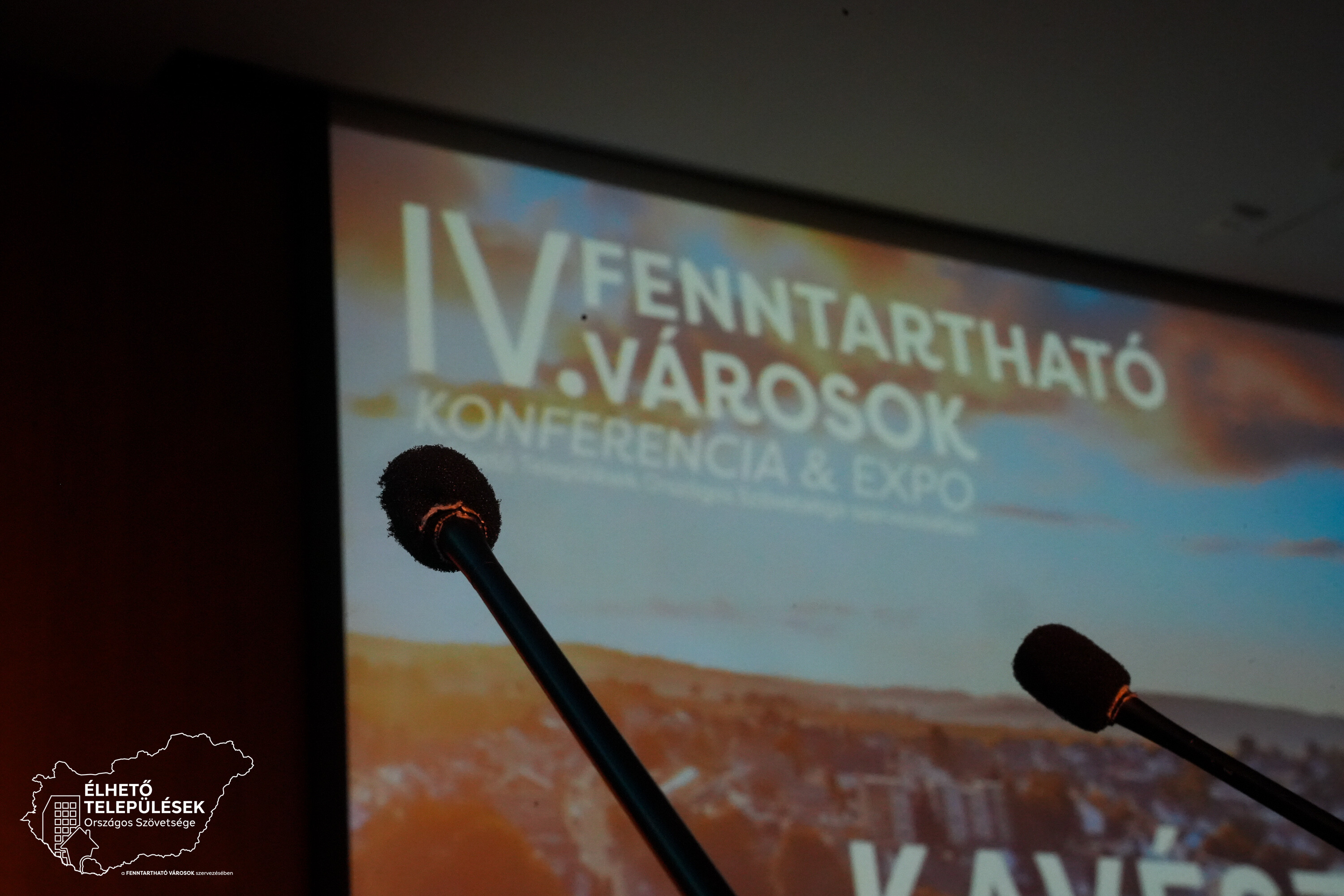
The mission of the National Association of Livable Settlements (ÉTOSZ) is to build bridges between municipalities, companies, and professional organisations.
This year, the Association organised the Sustainable Cities Conference and EXPO for the fourth time, with the goal of bringing together local governments and market actors on a common platform dedicated to sustainable urban development, while showcasing practical knowledge and new opportunities for cooperation.
During the two-day event, participants were introduced to best practices and engaged in panel discussions, workshops, and professional presentations across six key areas: digitalisation, mobility, energy, climate adaptation, water management, and social issues.

In the stormwater management panel discussion, the Hungarian water industry was represented by the Pureco Group. But in the sections of climate adaptation and energy, the example of water and precipitation also came up.
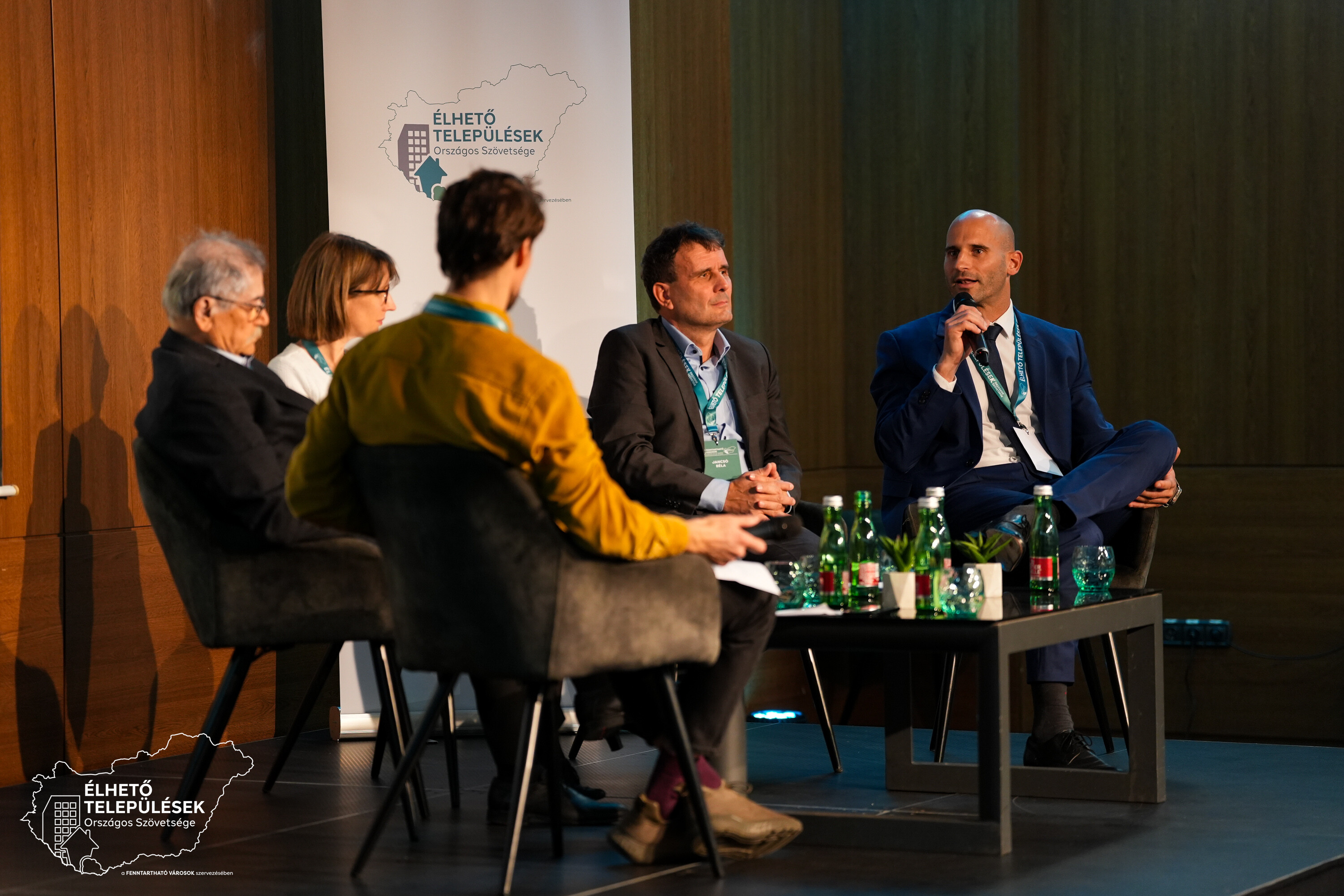
Péter Dózsa, Managing Director of Pureco IDEA and head of the Stormwater Working Group of the Hungarian Water Association (HWA), emphasised in his speech that stormwater is a complex issue — rain affects everyone. It is not enough to study scientifically its impacts and the risks caused by climate change, especially the variability of extreme flood events on urban water infrastructure; the sector must also explore what solutions it can offer to meet these challenges.
He highlighted that sustainable urban stormwater management is a truly interdisciplinary challenge involving multiple scientific and technical fields, making cooperation and integration among these disciplines essential.
Dózsa added that one of the biggest water management challenges for European cities today is stormwater management. Urban rainwater — containing organic matter, microplastics, and heavy metals — can account for up to 50% of municipal pollution. He pointed out that rainwater should not only be seen as a risk but also as a valuable resource: local retention, reuse, and evaporation help cities adapt to climate change and reduce the urban heat island effect. However, at the municipal level, incentives for sustainable water management are still lacking, and local water retention practices remain in their infancy.
Reimagining rainwater is not only an environmental necessity but also an economic opportunity — through decentralised water retention and urban cooling, sustainability and climate protection can be achieved simultaneously.
The panel discussion can be rewatched at the following LINK

